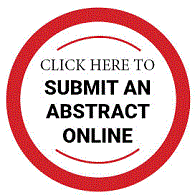
Beom Su Jang
Korea Institute of Science and Technology, South Korea
Title: RI-ADME study design of C-14 radiolabelled amoxicillin depletion in industrial animal using accelerator mass spectrometry
Biography
Biography: Beom Su Jang
Abstract
The presence of veterinary pharmaceutical residue in animal matrices for food is a major concern from a public health. Such hazards (residues) must be regulated through establishment of national or internationally acceptable regulatory standards and guidelines. Maximum residue limits (MRL): the maximum concentration of residue resulting from use of a veterinary drug that is acceptable in a food is well established as an international guideline, Currently accelerator mass spectrometry is well established with the highest sensitivity for the analyze of C-14 in the samples. Meanwhile recent evidence indicates that humans constantly exposed the antibiotics from livestock; however, whether these contaminants pose a substantial risk to human health is far from understood. The lack of crucial data on exposure and hazard repꠓresents key knowledge gaps that need to be addressed to move forward. Regulation is necessary and to establish internationally acceptable standards/guidelines, scientificaly reliable data from depletion studies and associated analytical methods are required.
For the development of amoxicillin-depletion study, we propose a RI-ADME study using accelerator mass spectrometry for the assessment of the long half life radioisotopes such as C-14/H-3.
Also we propose the nuclear imaging using SPECT for gamma emmiting radioisotopes and PET uses radiotracers that produce positrons. These advenced RI-ADME procedures could applied for the biologics more easily.

